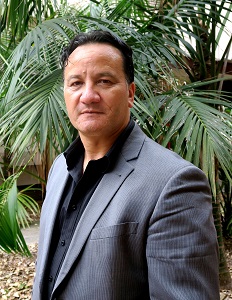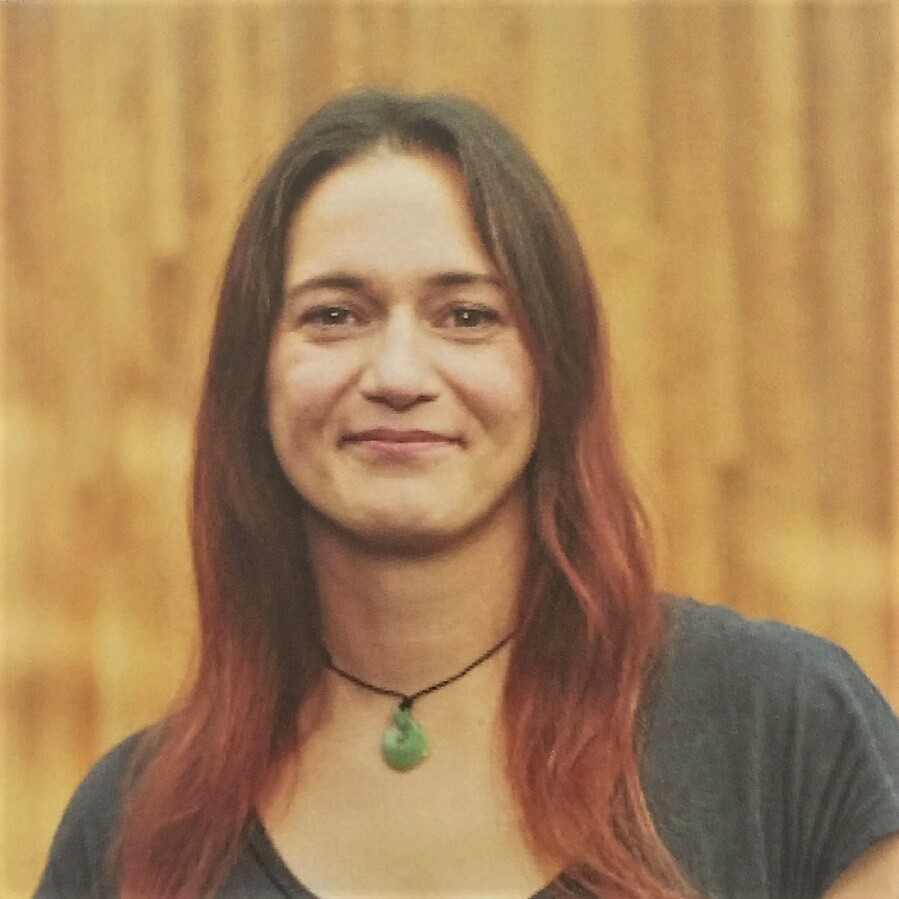Indigenous research ethics are a hot topic, with many non-indigenous researchers criticised for undertaking or leading research in and on indigenous communities. Indigenous researchers and communities are often compromised by the commissioning and ‘ownership’ of research. Research funding and approaches to managing ethics predominately rest with mainstream institutions.
In our second December webinar, we welcome back Dr Juan Tauri along with Dr Antje Deckert, both Senior Lecturers at Auckland University of Technology, who provide insight into the perspectives of Indigenous Research Ethics and how we as funders, community organisations and researchers, can be more mindful of the tensions and power of research.
They discuss the need to ensure that research involving Indigenous peoples is ethically relevant, according to the needs and desires of Indigenous peoples themselves and the importance of developing respectful and reciprocal Indigenous/non-Indigenous research partnerships of benefit for all, and how these kinds of best practice research guidelines are of value to all research communities.
Resources
Indigenous Research Ethics: Claiming Research Sovereignty Beyond Deficit and the Colonial Legacy by Lily George, Juan Tauri and Lindsey Te Ata o Tu MacDonald, published Oct 2020
Decolonizing Methodologies: Research and Indigenous Peoples by Linda Tuhiwai Smith
Te Ara Tika Guidelines for Maori Research Ethics
Q&A with Lil Anderson of Te Arawhiti
Māori Perceptions of the Police – 1998
Webinar featuring Danièle Hromek, an indigenous researcher: Valuing Our World Views: Indigenous Community at the Centre



